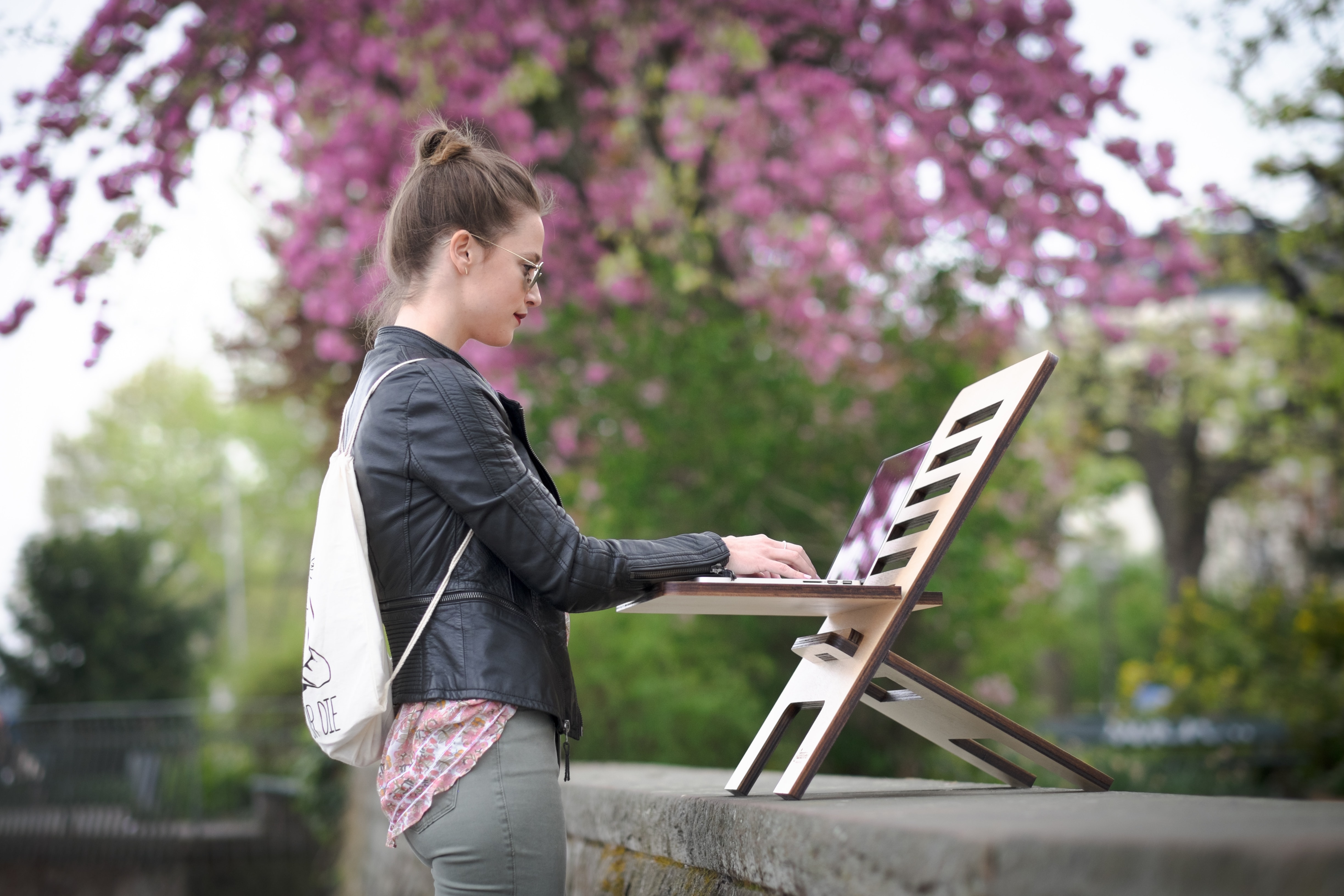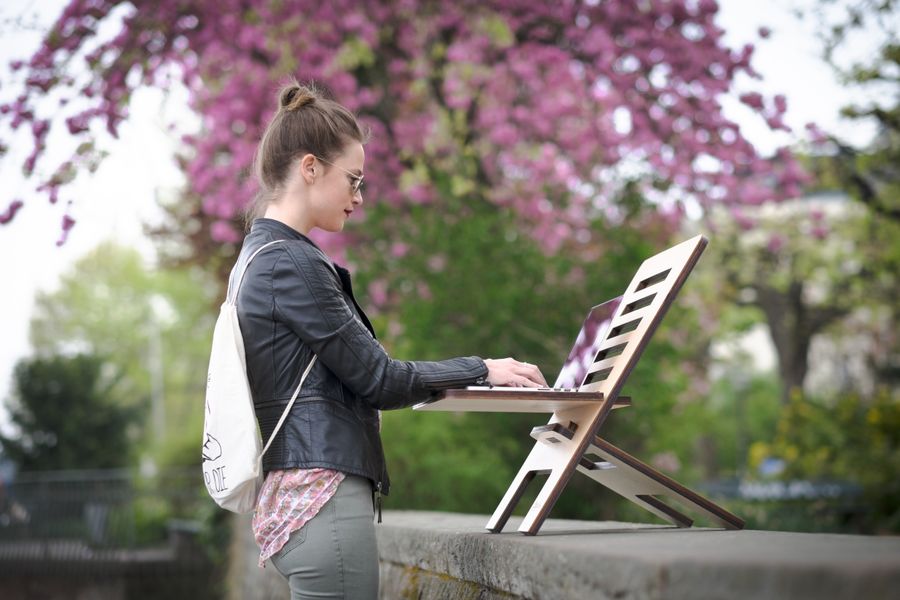
KNOW YOUR AUDIENCE:
Preparation is key – a pretty obvious point but I have spoken to many a candidate who post interview have told me they wished they had prepared more.
This should take a few hours not a few minutes. Go through their social channels and Google to see if they have come up in the news recently. Companies are way more than just a website these days and you can often get a good feel for a company by what they push out across their social.
Can you get an insight in to their client base? Being able to talk about clients you have worked with that have synergy with their client base will be massive.
But they don’t say who their clients are … check your connections, do you know anyone who works there or has worked there you can talk to? People want to help people, ask if you can have a chat and see what knowledge they can give you around clients, culture, type of work / projects etc.
Research who you are speaking with, their background and where they have worked previously, are there any connections you can talk about during your meeting?
If you haven’t been told in your confirmation ask what the interview format will be – getting to know you or a more formal / competency based interview? This should help your preparation.
ANTICIPATION:
We’d all love a pre-interview question sheet but that doesn’t happen (unfortunately). But you can be prepared for what will be asked.
Being able to talk about live experience in relation to any questions is a must. 99% of the time you will be interviewing for a role that is similar to what you are currently doing so having these to hand should be easy. Be on top of your numbers whether they are sales targets, budgets, size of a group or anything similar will be key too – if you can reel these off without long pauses or umming and ahhing it will show that you are prepared.
Annotate the job description and use that as a reminder on what points you want to get across against what they are looking for e.g
Support in the management of all delegate communications, ensuring responses to all delegate queries are actioned in a timely manner– managed inbox for client event and responded to every query within 24 hours per client SLA
I remember going to an interview and being sat there stumped for about 2 minutes when asked what my biggest weakness was – I felt that saying I tended to take a lot of Monday’s off due to hangovers wasn’t going to quite cut it (I was 18 just so you know, not a recent thing). Whilst this question doesn’t get asked in quite the blunt way it used to it does surface every now and then in various guises.
Think about this in advance and your answer should always be positive – do you need more experience in a certain area, public speaking maybe?
“To counter this I have requested to be more involved in client meetings where I can report on my part in the project (try and work in a solution you are working towards to improve on whatever you decide to say).
I’ve never been good at role play but it does help. Is there anyone (friend / family) who you could do a mock interview with? Do you know anyone who has hired people before? Maybe they could help with this. Practice makes perfect!
ENVIRONMENT & PUNCTUALITY:
Most interviews at present are over video. My thoughts are that moving forward initial stages will continue to be on this platform. Things to consider prior to your interview are:
· Dress – if you want to just wear pants (I’m sure some people do) make sure your top half is dressed exactly as you would dress were you going into an office
· Connection – have you got a strong connection that won’t drop out during your meeting?
· Surroundings – make sure it is quiet and somewhere nobody will walk in to (you can’t help gaze in the direction of someone who has just walked into a room). Test where you will be set up with someone to work out the right angle and to ensure your surroundings are clear and not distracting to anyone interviewing you
The more standard office interview will return so always dress appropriately and make sure you know office location, parking, distance of walk to / from station etc well in advance. Always arrive early whether on video or in person, but not too early. 5-10 mins prior is a good gauge which will ensure you aren’t sat around sweating and over analysing your prep!
MENTAL:
Being in the right place mentally is as important as anything else mentioned above. Preparation will help allay most of your nerves but remember some nerves are good – it means you care. Try not to let them overwhelm you. If you do tend to get nervous can you call someone before you go in who can help you focus?
Try and get a good nights sleep the night before, nothing is more debilitating than lack of sleep. I sound like my parents, but it’s true!
SWAG:
Basically, you don’t want to be lugging round a suitcase full of stuff with you. Things to take that are essential are:
· Printed copy of your CV that you can refer to
· Printed copy of the job description / ideally annotated
· Any event addendums or portfolios of work you may have – can you print your portfolio professionally so you can leave a copy with them? If this sounds a bit 80’s have an email written with a link to it you can send once you leave (if they don’t have it already)
· If you do have a portfolio / website but don’t want to print your portfolio take a tablet with you that you can refer to – save it locally or remember to ask for their wifi code when you get there so it can be accessed quickly if you need it
· A notebook with all of your questions listed so you don’t forget to ask anything
Lastly, prior to leaving, why not ask if there is anything they’d like you to expand on. If they do you can cover that off and if they don’t you can leave knowing you didn’t miss anything they wanted to know.
For anyone reading this who is heading to an interview – they want to see you because you’ve piqued their interest, you’ve got this!
Good luck everyone … Gary

